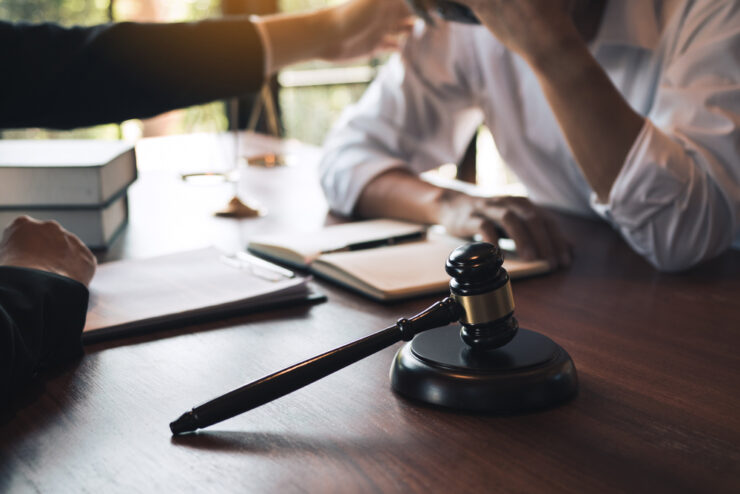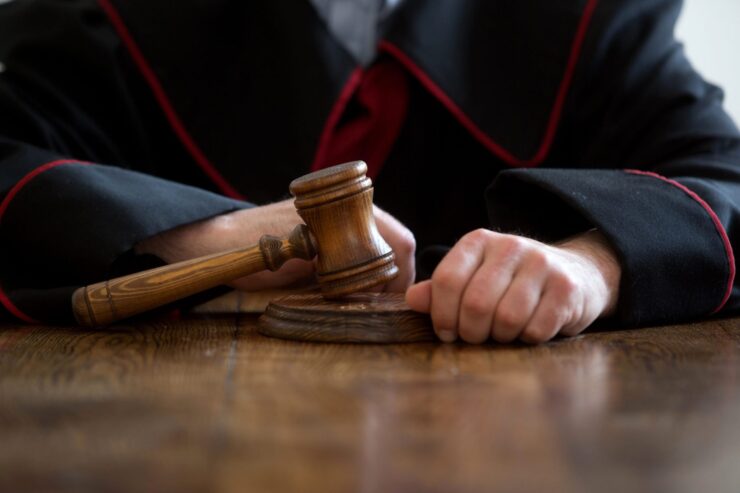Navigating the intricate world of gym injury claims can seem daunting. Whether you’re a fitness enthusiast who’s suffered an injury or a gym owner facing a claim, understanding the legal framework is crucial. This article provides a comprehensive guide to the legalities surrounding gym injury claims, offering clear, actionable tips for both claimants and gym operators.
Understanding Your Rights and Responsibilities
Every gym goer has the right to a safe workout environment. Likewise, gym operators are legally obliged to ensure their premises meet safety standards. This mutual understanding forms the bedrock of gym injury claims. When an injury occurs, it’s essential to ascertain whether it was due to negligence. For gym owners, this means regularly checking equipment and providing proper training to staff. For gym users, understanding the correct use of equipment and the importance of personal limits is vital. If you’ve injured yourself while working out, check out injured.ca for more information.

The Role of Negligence in Gym Injuries
Negligence is a key factor in gym injury claims. Simply being injured at a gym does not automatically entitle one to compensation. A claimant must prove that the gym’s negligence directly caused their injury. This could be due to faulty equipment, inadequate instruction, or unsafe premises. Conversely, if an injury results from the claimant ignoring safety instructions or gym rules, the claim might be deemed invalid.
Documenting the Injury and Incident
Immediate documentation of the incident and injury is critical. This includes taking photos of the scene, gathering witness statements, and securing surveillance footage if available. Medical reports detailing the injury are equally important. For gym operators, maintaining an incident log can be invaluable in such situations.
Legal Representation and Advice
Seeking legal advice early is recommended. A lawyer specializing in personal injury claims can offer invaluable guidance, helping to navigate the complex legal terrain. They can advise on the viability of a claim, the likely compensation, and the legal process involved.

Understanding Compensation and Settlements
Compensation in gym injury claims isn’t limited to medical expenses. It can also cover lost earnings, pain and suffering, and future medical care. Settlements are often preferred to lengthy court battles. However, understanding the fair value of a claim is crucial before agreeing to any settlement.
The Impact of Waivers and Gym Contracts
Many gyms require members to sign waivers or contracts that may include clauses limiting the gym’s liability. However, such waivers are not always ironclad. Courts often scrutinize these documents, especially if there’s evidence of gross negligence or if the waiver is deemed unreasonable.
Navigating the Court Process
If a claim proceeds to court, understanding the process is vital. This involves filing a lawsuit, engaging in discovery (the exchange of information between the parties), and possibly going to trial. Both parties should prepare for a process that can be lengthy and emotionally taxing.

Summary
In conclusion, gym injury claims involve a delicate balance of rights, responsibilities, and legal nuances. Whether you’re a claimant seeking justice or a gym operator aiming to protect your business, understanding the legal landscape is key to successfully navigating these claims.

